Four leading Australian spacetech startups have been awarded $14 million in federal government grants as part of the the Modern Manufacturing Initiative (MMI).
Rocket engine designer EffusionTech, based in the Northern Territory, received $1.2 million in funding to develop and manufacture low cost, durable and high performance liquid fuelled rocket engines for the commercial launch market.
Romar Engineering in NSW has $5.8 million to manufacture and deploy space fluid and motion control products for space missions.
Titomic in Victoria received $2.3 million to commercialise the manufacture of space vehicle and satellite parts using green titanium for the local and international markets.
Sydney-based quantum technology startup Q-CTRL has a $4.5 million grant to expand the manufacture of novel remote sensing payloads for space deployment.
Minister for Industry, Science and Technology Christian Porter said the grants will help bolster Australia’s reputation in the global civil space industry.
“From satellites, to componentry in sensors and even rocket engines, Australian manufacturers are drawing on our existing advanced manufacturing expertise to launch into new exciting local and global markets,” he said.
“This funding is about creating more opportunities to grow our local space industry, unlocking further investment and delivering the skilled jobs we need now and for the future.”
More funding under the MMI scheme in areas such as medical products and resources technology are due soon. The MMI program also covers food and beverage, recycling, clean energy, and defence.
Space thruster grant
In other good news for the local space sector, Brisbane-based Valiant Space received a $200,000 grant as part of the Australian Space Agency’s Moon to Mars Initiative.
The Demonstrator Feasibility grant will allow the company to develop Australia’s first in-space chemical thruster for its maiden flight to space onboard a Skykraft satellite.
The mission under investigation, named the Fast Acting Space Transportation (FAST) Demonstrator Mission, will pioneer several key capabilities for the Australian space industry.
Andrew Uscinski, CEO and co-founder of Valiant Space, said: “n-space thrusters have proven crucial to the
success of other space-faring nations, so growing this capability here in Australia will unlock a lot of opportunity for our space industry.”
The feasibility study will investigate and de-risk crucial elements of the proposed mission, including testing and qualifying Valiant Space’s thruster to prepare it for spaceflight. Additionally, the study will develop concepts for deep-space missions out to the Moon, Mars, and beyond.
The industry has traditionally relied heavily upon carcinogenic propellants for high-thrust propulsion. Valiant is using non-toxic and readily available propellants to improve safety and reduce logistical complexities of launching satellites.














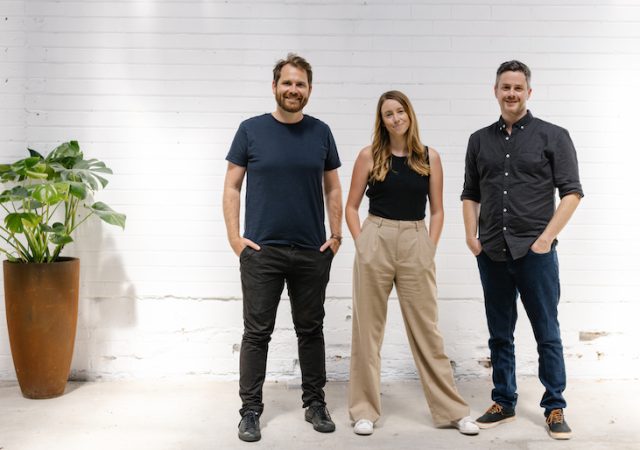

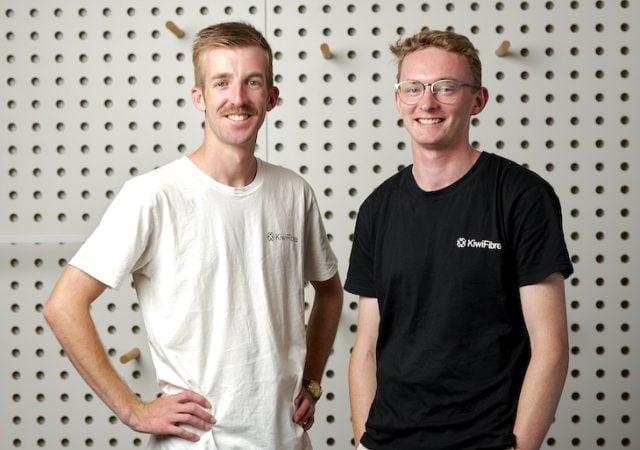
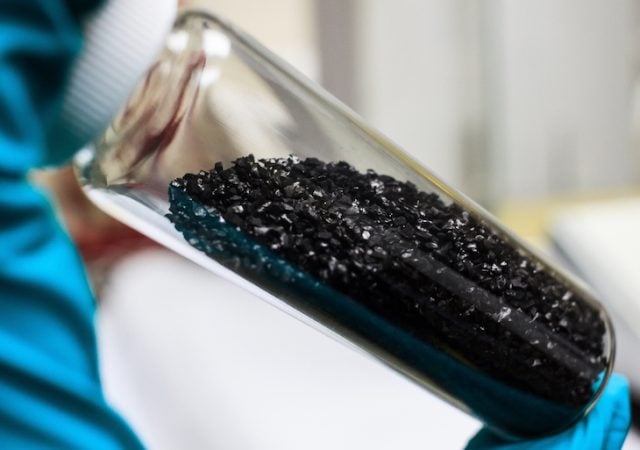
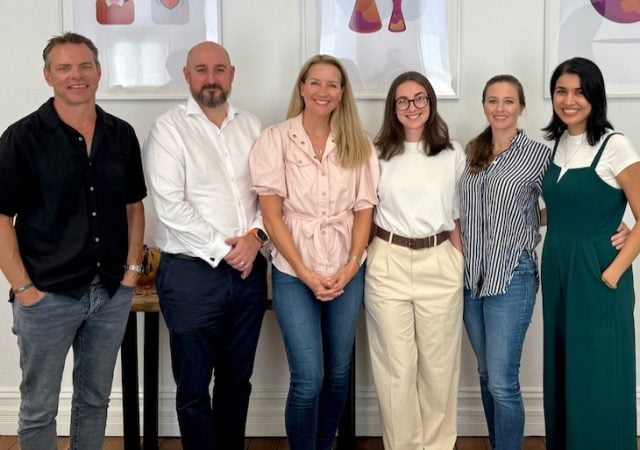
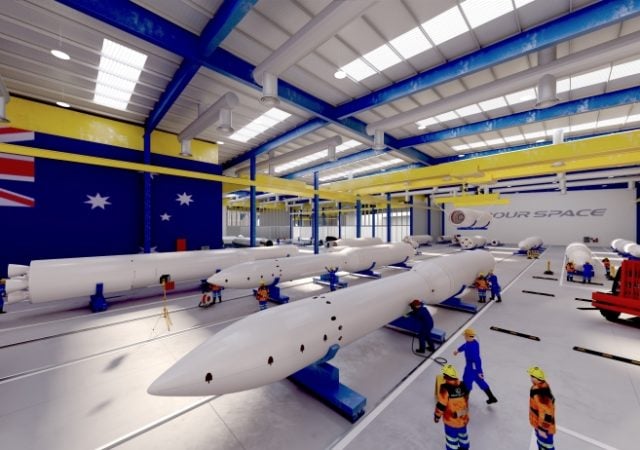
Trending
Daily startup news and insights, delivered to your inbox.